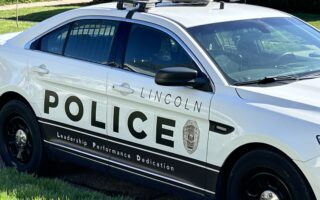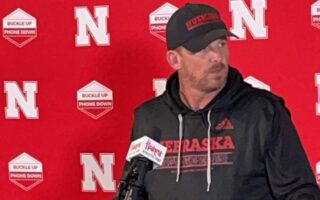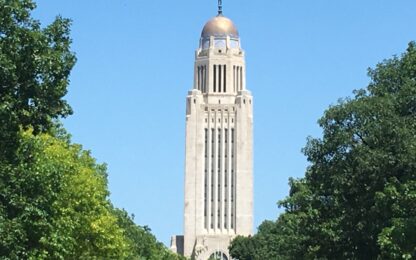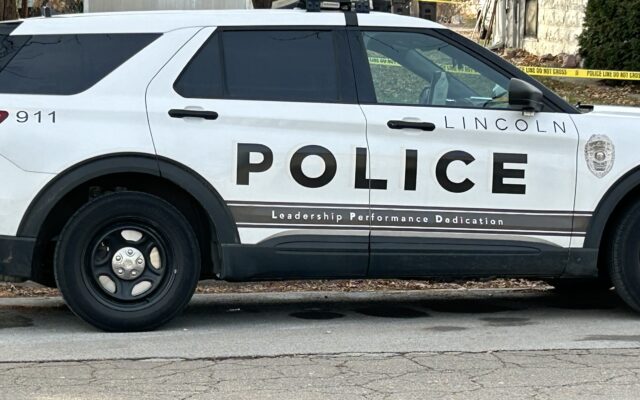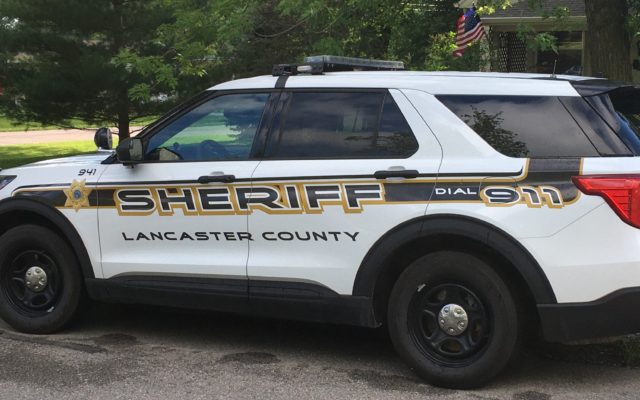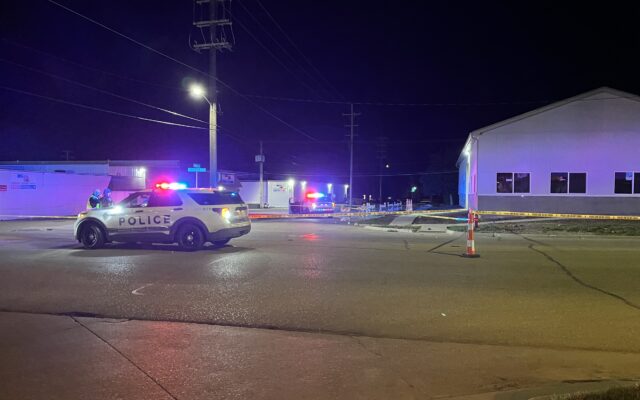Governor Ricketts Overviews Contact Tracing Process, Proclaims “Hospital Week” in Nebraska

During his daily coronavirus briefing Thursday, Governor Pete Ricketts outlined the contact tracing process in Nebraska. Contact tracing refers to the interviews that public health teams conduct to help identify people who have been in close contact with someone who has tested positive for COVID-19.
–
Gov. Ricketts: Test Nebraska
We continue to encourage people to take the TestNebraska.com assessment. As a reminder, Lincoln, Omaha, and Norfolk are testing today. On Friday, we will be in Lexington.
More mobile testing sites will be announced in the near future. Scheduling for testing has been filling up quickly.
More testing slots will be opening up, so we encourage people to be patient. As a reminder, Test Nebraska testing is by appointment only. Schedule a test in advance. Don’t just show up to the testing site.
–
The Governor also thanked hospitals for the excellent care they’ve given to Nebraskans since coronavirus came to the state.
He proclaimed May 10-16, 2020 as National Hospital Week in Nebraska in recognition of their outstanding work.
–
Gov. Ricketts: Hospital Week
The health measures we’ve put in place have had the goal of protecting our hospital system. We want to make sure Nebraskans can receive the care they need.
Our hospital system continues to have plenty of available capacity in terms of hospital beds, ICU beds, and ventilators.
Many hospitals are providing care in coronavirus wards that have been set up to receive patients. To honor the work they are doing, we are declaring this week as Hospital Week in Nebraska.
–
Nebraska’s Chief Medical Officer, Dr. Gary Anthone, joined the Governor to express his gratitude to the state’s hospitals for their leadership and partnership during the pandemic.
–
Marty Fattig: Hospital Week
I accept the Hospital Week proclamation on behalf of all of the hospitals in Nebraska.
Critical access hospitals, rural referral centers, specialty hospitals, and tertiary medical centers all have vital roles in our fight against the terrible pandemic in our state.
Nebraska’s hospitals collaborate more often than they compete. Our hospitals are working well with one another, and with the State, to make the virus as harmless as possible.
–
Marty Fattig, Past Chairman of the Nebraska Hospital Association and CEO of Nemaha County Hospital, accepted the official proclamation on behalf of Nebraska’s hospitals.
Felicia Quintana-Zinn, Deputy Director within the Division of Public Health of the Nebraska Department of Health and Human Services (DHHS), also participated in today’s press conference. She described the steps taken by public health teams, at both the state and local level, to perform contact tracing after positive cases of COVID-19 have been confirmed.
Felicia Quintana-Zinn: Contact Tracing
Contact tracing is investigative work to figure out who may have been exposed to a disease.
The goal of contact tracing is to quickly identify anyone who has been exposed—or may have been exposed—in order to stop the spread of the illness. Contact tracing helps protect the friends, family, and community members in close proximity to those with the virus.
After someone tests positive, a contact tracer with the local or state public health team will reach out to them with information on safely self-isolating. The contact tracer will also ask questions about where the person has recently been, and with whom they have been in close contact.
(“Close contact” means being within six feet of another individual for at least 10 minutes.)
The information gathered by contact tracers helps to identify other persons who have been exposed to the virus and may be at risk.
If you test positive, it’s helpful to find your calendar and review where you’ve been recently. Note your whereabouts going back to 48 hours prior to the onset of symptoms.
After testing positive, contact tracers will ask you the following sorts of questions:
- When did your symptoms begin and what have they been like?
- Have you been hospitalized with COVID-19?
- Do you have pre-existing medical conditions?
- Whom have you been in contact with since two days before your symptoms started?
If you may have been in close contact with someone who tests positive, a contact tracer will reach out to you. They will inform you that you’ve likely been exposed to the virus.
They will give you advice on what to do next, such as monitoring your health and reducing your exposure to others. Please tell the contact tracer about any symptoms you’ve developed.
Any information shared with a contact tracer is protected health information. It’s not shared with any other government agency.
Under normal circumstances, there are about 30 contact tracers working statewide. To fight the pandemic, DHHS has trained 277 additional teammates to aid our contact tracing efforts. Our goal is to ramp up our contact tracing team to 1,000 people.
Full video of today’s press briefing is available by clicking here.

